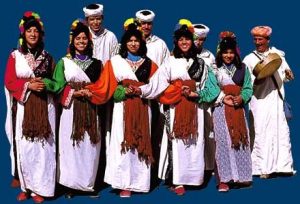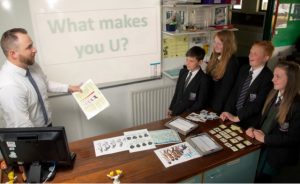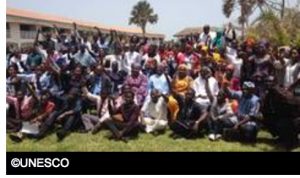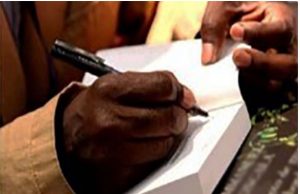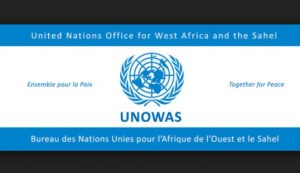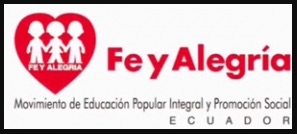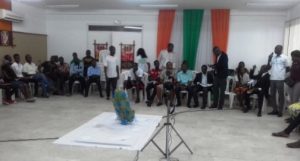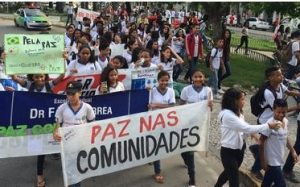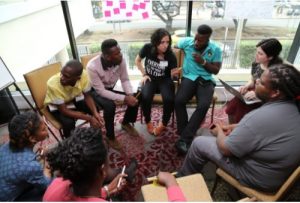…. HUMAN RIGHTS ….
An article by Rev. John Dear, published by Pace e Bene
While the media and the nation sit transfixed over the Trump scandals and attacks on democracy, those of us who work for justice and peace know that we have to keep working, resisting, and mobilizing people across the country if we are going to have the social, economic and political transformation we need for our survival.
In other words, we’ve only just begun. Instead of giving up, giving in, or throwing in the towel, instead of sitting glued to the tube, we’re going forward. The campaign for a new culture of nonviolence is on!
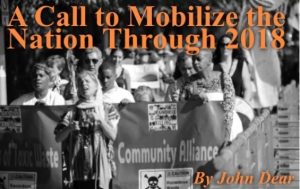
No, you may say, it’s too much, I need to take a break from the news, from the movement, from the struggle. There’s nothing we can do, anyway. We can’t make a difference. I give up.
That is not only not helpful, it’s simply not true. We have more power than we realize. If we mobilize together and resist, we can prevent injustices, wars and other horrors from occurring. Doing nothing because we are overwhelmed or too dispirited is not helpful to anyone and certainly not the poor, the victims of our wars, or Mother Earth. It’s also not helpful to ourselves. For the sake of our own humanity, our own integrity, our own sanity, we need to carry on the struggle now more than ever, with boldness, creativity and steadfast nonviolence.
To this end, my friends and I at Campaign Nonviolence have issued a new call inviting people to commit themselves to the struggle over the next eighteen months, from now through the Congressional elections of November, 2018, to building a movement of movements that connects the dots of violence and injustice for a groundswell of activism, organizing, marches, demonstrations, and political conversion we’ve not yet seen.
“The time has come for us to pool our nonviolent power to resist the tragedy we face and to signal, once and for all, our determination to build a world of peace, racial justice, economic equality, and a healthy planet for all,” the statement begins. “We call on you—and all people everywhere—to join us in training for nonviolent action, in creating community for nonviolent action, and in taking nonviolent action in this challenging time.”
This call to mobilize over the next eighteen months is not just an electoral strategy, we insist. What we want is “a referendum for a nonviolent future.”
Campaign Nonviolence proposes the following concrete steps:
First, join the September 16-24, 2017 national week of action, where over 1000 marches and rallies calling for an end to war, racism, poverty and environmental destruction and for a new culture of peace and nonviolence will take place across the nation covering all fifty states. (Register your event here!)
Second, take a nonviolence training and then organize nonviolence trainings in your community. We all need to brush up on our nonviolence, and these trainings offer principles and methods for nonviolent strategies and guidance and the hand’s on help of role-playing and practicing your nonviolent response. (Look for trainings and trainers on the Nonviolence Training Hub co-sponsored by Campaign Nonviolence and Pace e Bene at www.nonviolencetraininghub.org
(Article continued in the right column)
The post-election fightback for human rights, is it gathering force in the USA?
(Article continued from the left column)
Third, form and join an affinity group. We are in deep water these days, and we cannot sustain our nonviolent resistance or build a movement on our own; we need one another. We encourage everyone to form or join an affinity group of just 5 to 10 people where you can support one another for public action, study nonviolence, reflect on the current situation and envision a way forward. Affinity groups have long played a part in our movements. In Latin America, where they are called “base communities,” they are practically a requirement for survival.
Fourth, join the Nonviolent Cities project and announce your city as a “Nonviolent City.” Based on the ground-breaking work of “Nonviolent Carbondale,” Illinois, the Nonviolent Cities project supports local leaders around the country who are envisioning their community as a city of nonviolence. With over forty cities currently exploring this vision, Campaign Nonviolence calls upon activists, organizers, students and religious and political leaders to use this tool as a way to organize locally, resist injustice, end violence, and set a new path for your community to one day become a culture of peace and nonviolence.
Fifth, plan a local or regional gathering or conference in the Spring, 2018, to build for the fall convergence, help spread the word, and mobilize the groundswell of public action. We encourage everyone everywhere to organize your own day-long planning sessions or retreats next spring so that we can stay focused on the task of movement building.
Sixth, mobilize thousands of local public actions across the nation during the Campaign Nonviolence national week of action next September 15-23, 2018, as well as come to Washington, D.C. for the Campaign Nonviolence Convergence, where we will cover nonviolence training, a day of lobbying for justice and disarmament on Capitol Hill, and a silent march from the Martin Luther King, Jr. Memorial to the White House. With the impending mid-term Congressional elections, we will call for a referendum for a nonviolent future.
“We are in new territory, and things will likely get worse before they get better,” our call declares. But they will definitely get worse if we all do not think big, take bold action, envision a new future, and join together across every divide in an unprecedented historic movement. We need to commit ourselves now to redoubling our efforts over these next eighteen months, to mobilize like never before. In the past, if we were peaceful people, we now also have to become activists. If we were activists, now we have to become organizers. We all have to step up to the plate in new mature ways and meet this time head on with boldness, love and determination.
Through the brilliant work of Erica Chenoweth and Maria Stephan in their book, Why Civil Resistance Works, we know that nonviolent strategies for social change are twice as effective as violent ones, that when people gather together to do the impossible through nonviolent movements, positive change usually occurs.
But we also know this: movements which activate 3.5% of the population are very likely to succeed. For us, that means 12 million people. I believe we can do that. Over the course of the next eighteen months, we can build an unprecedented movement of movements to challenge the violence of our country and lay new groundwork for a culture of peace and nonviolence.
“A culture of nonviolence is not an unattainable dream,” Pope Francis wrote last month in his open letter to Chicago, “but a path that has produced decisive results. The consistent practice of nonviolence has broken barriers, bound wounds, healed nations.”
I hope we can all spread the vision, continue to build up our grassroots movement of nonviolence, and mobilize the nation not just for steadfast resistance but the long haul transformation into a new culture of nonviolence.
